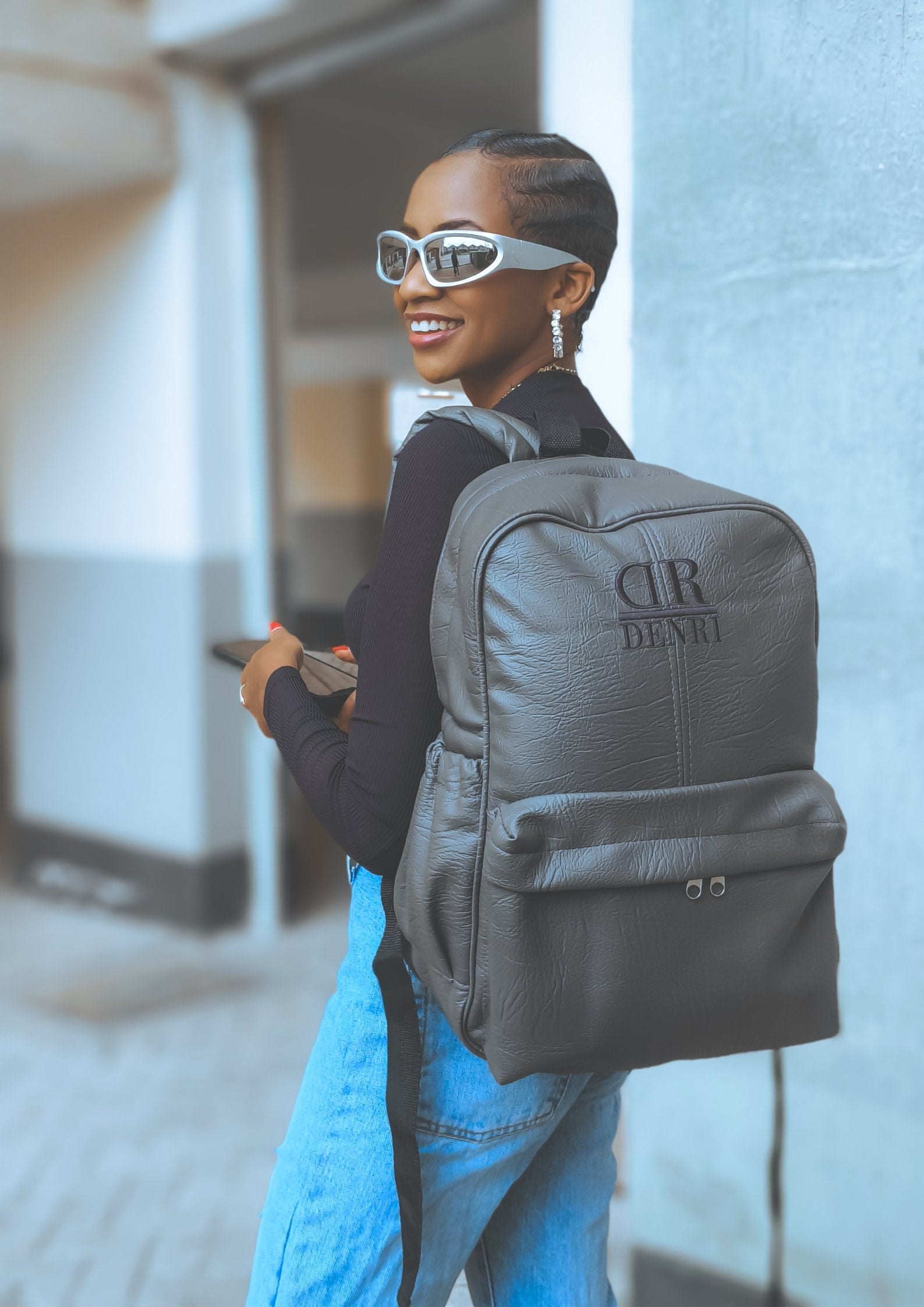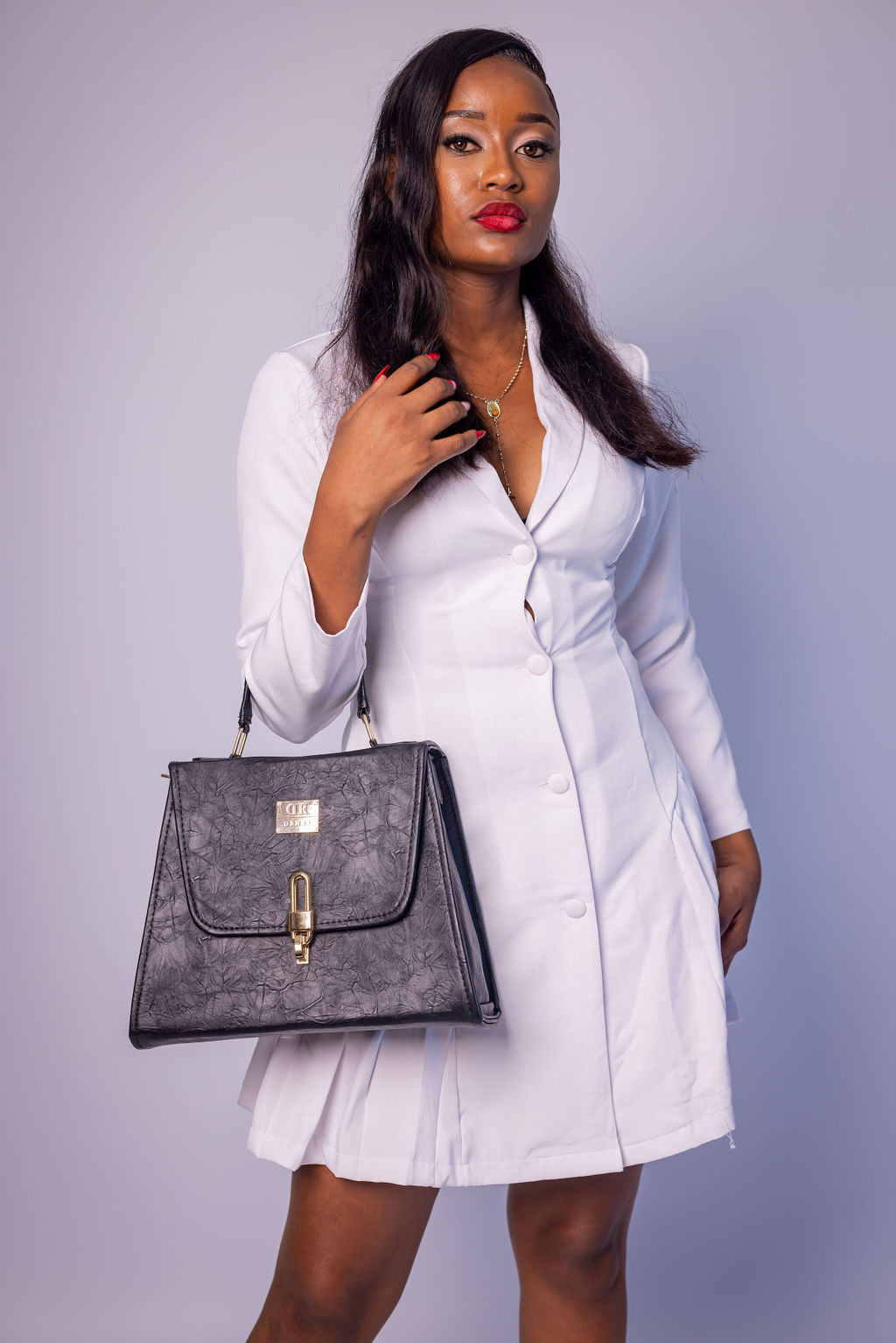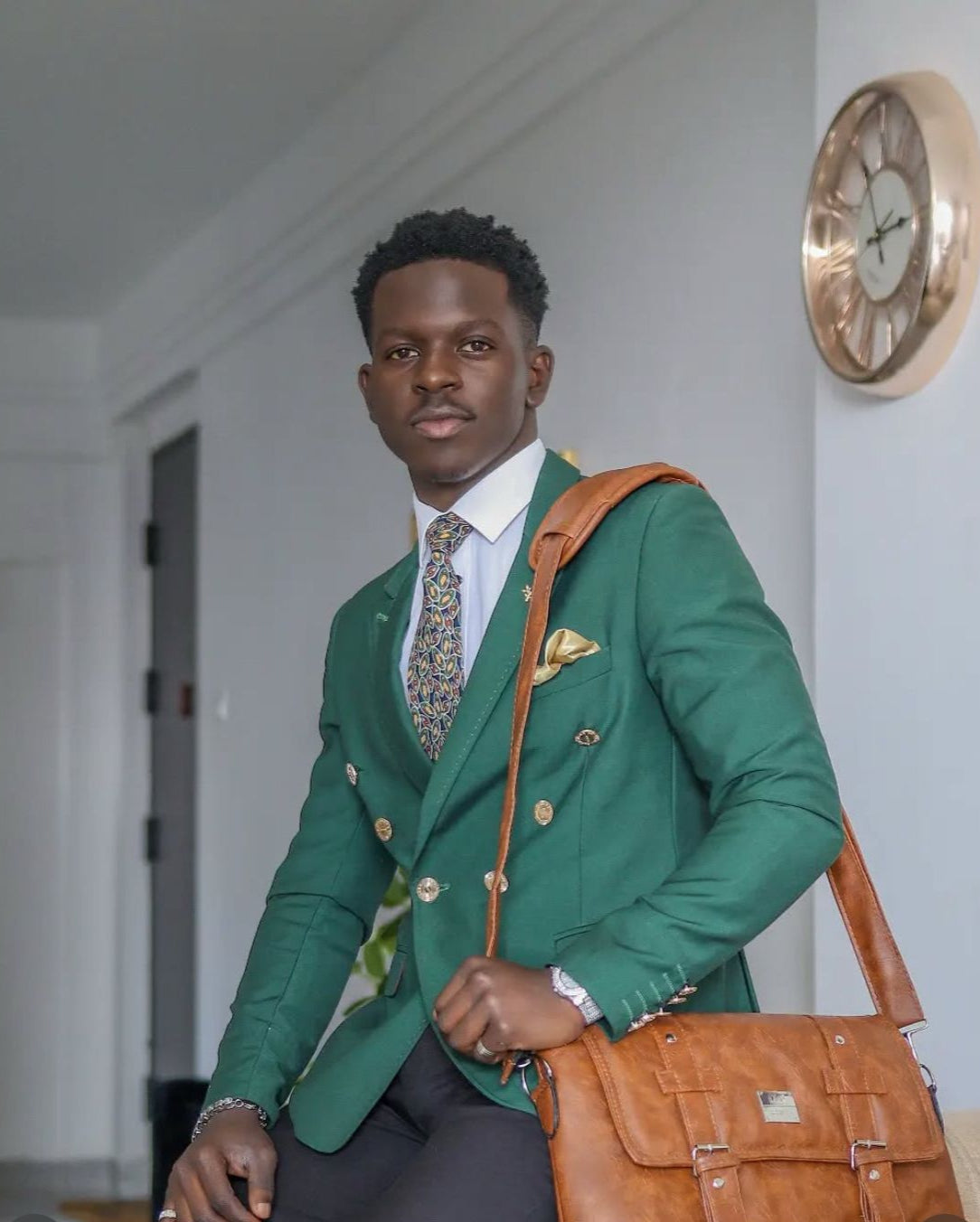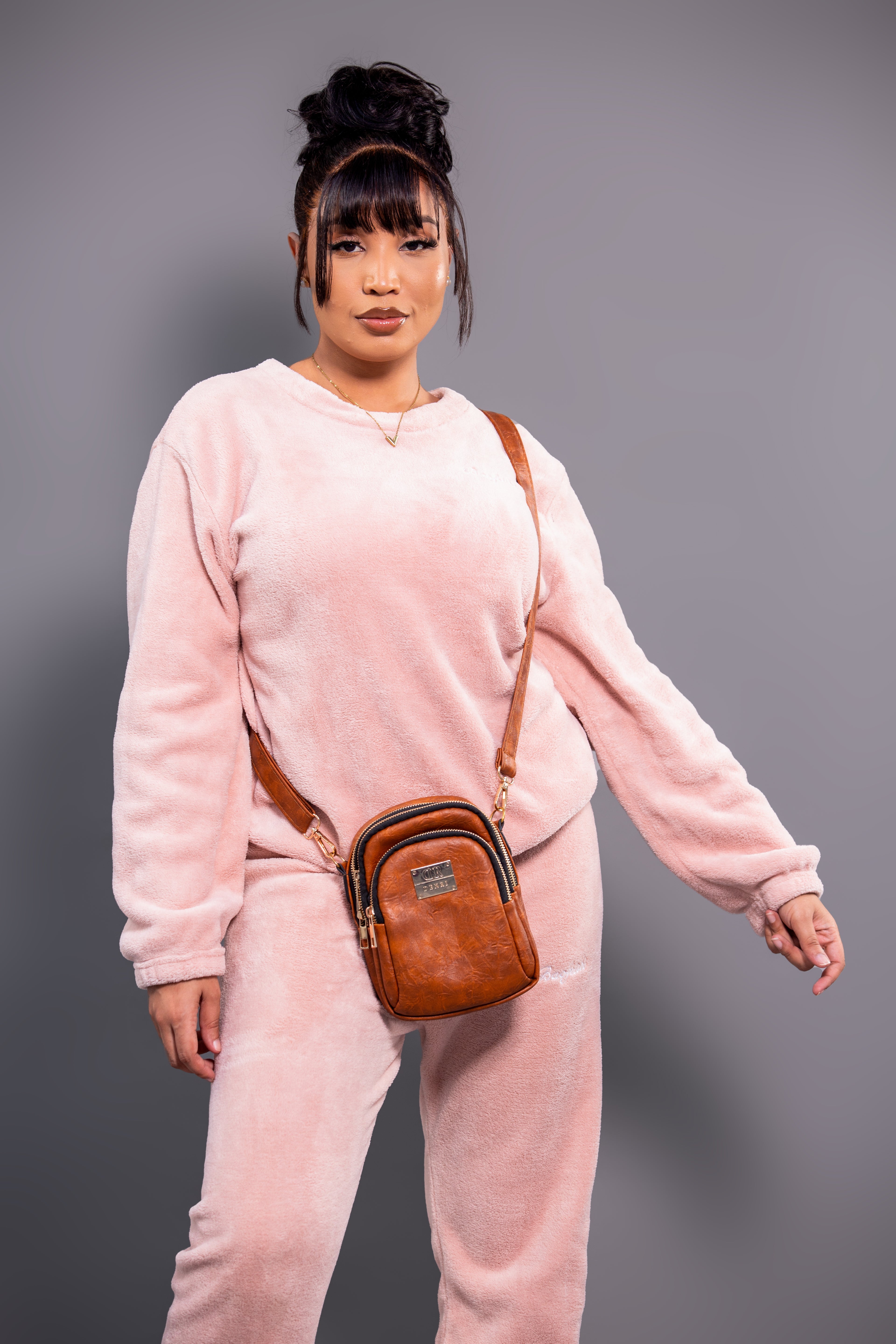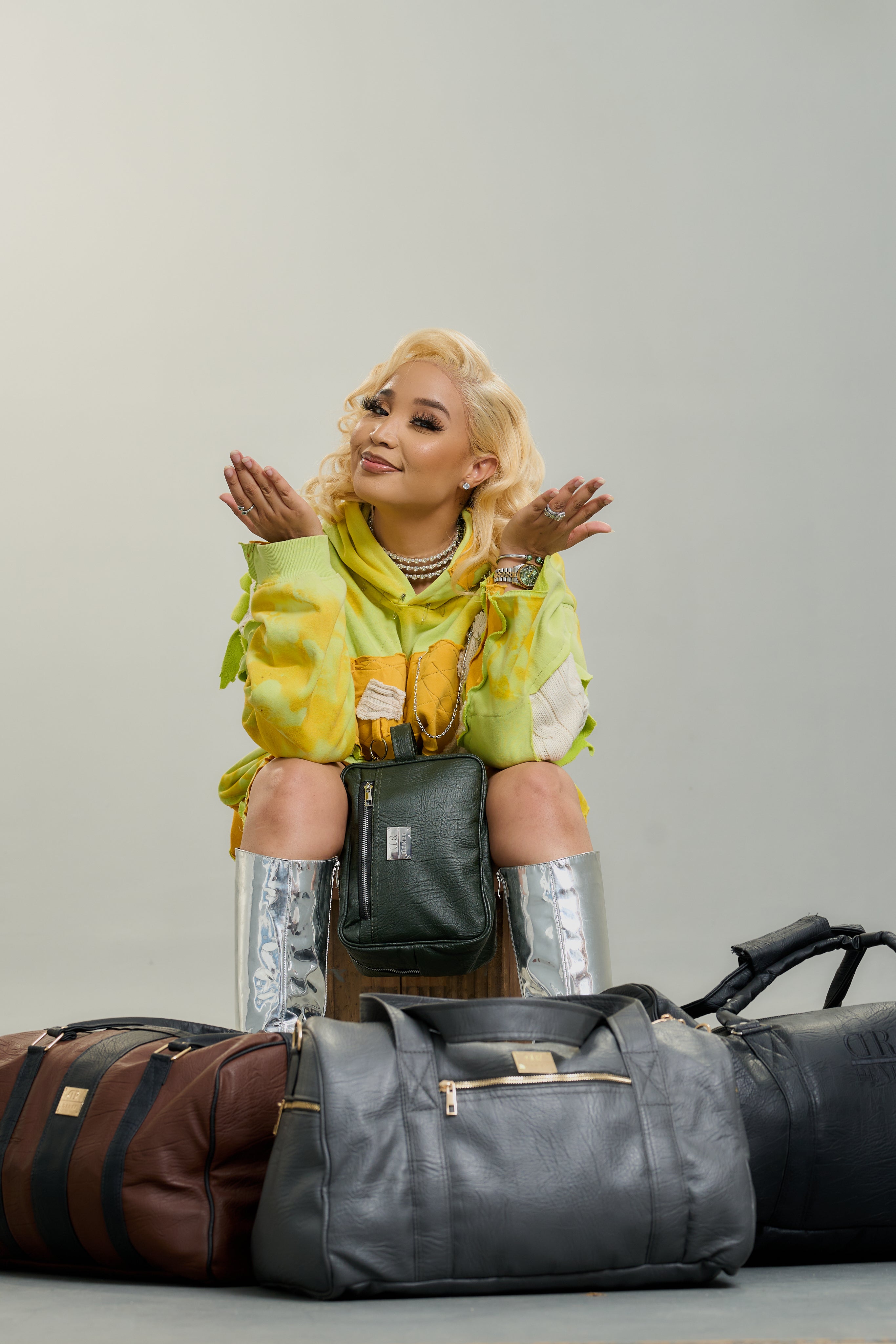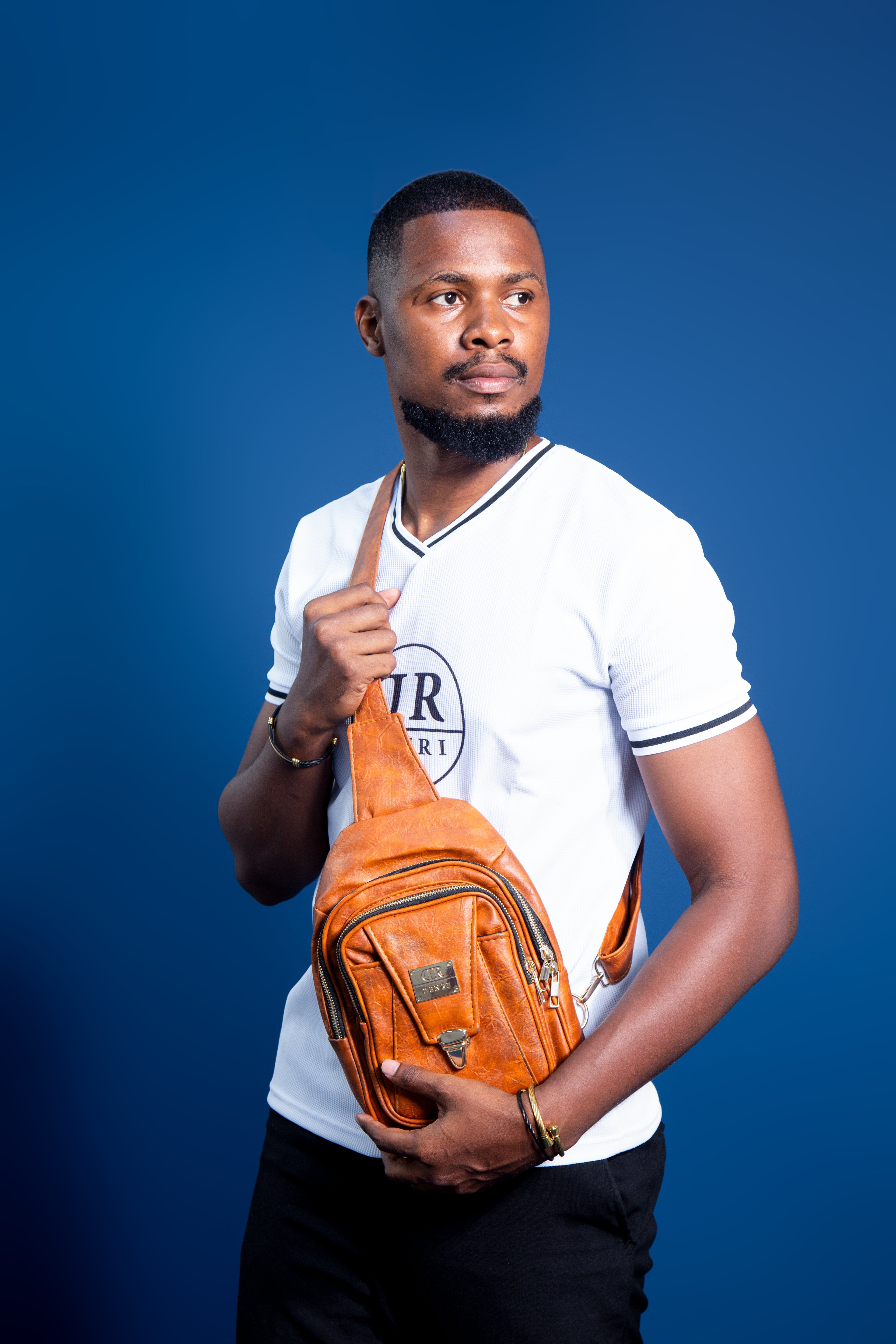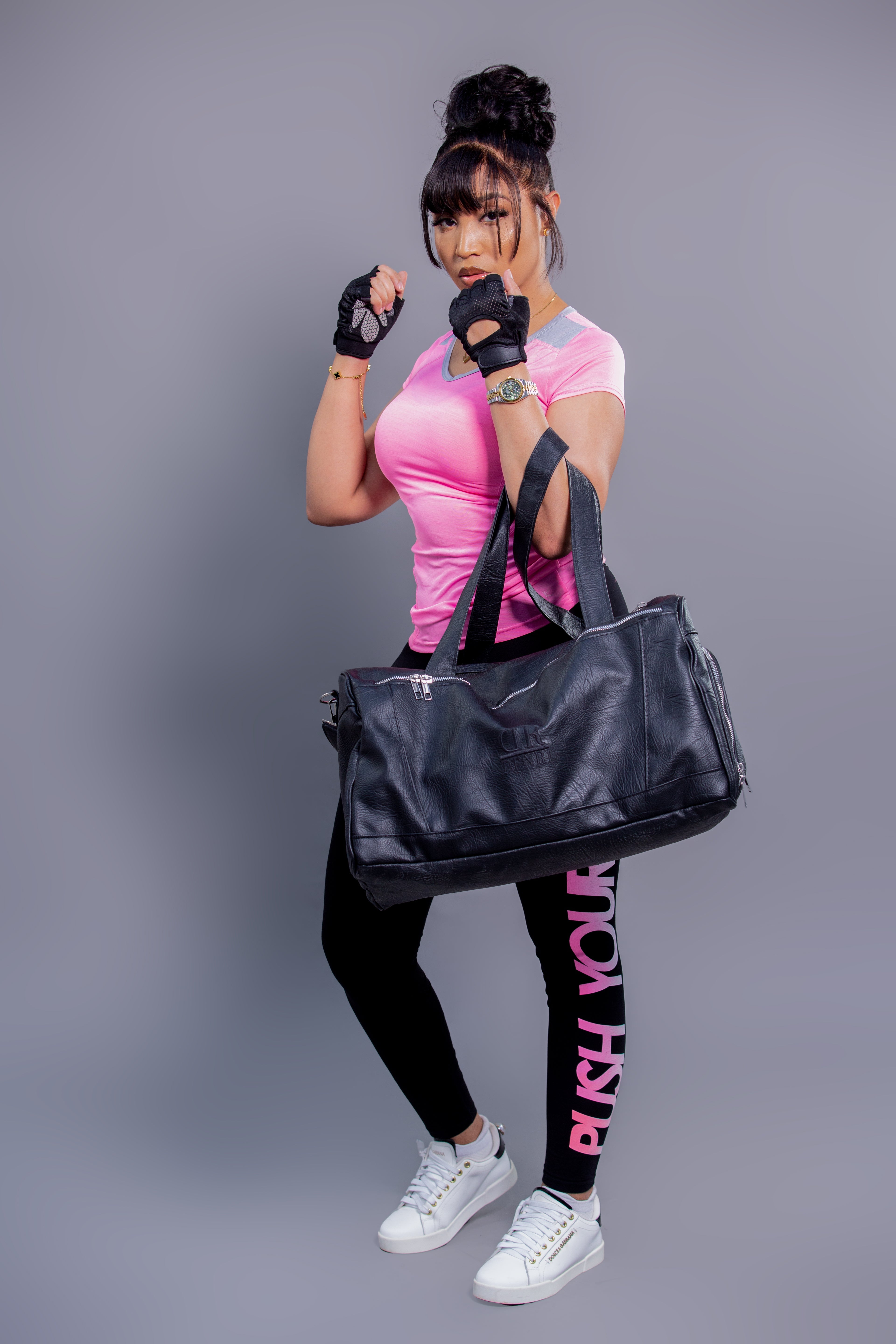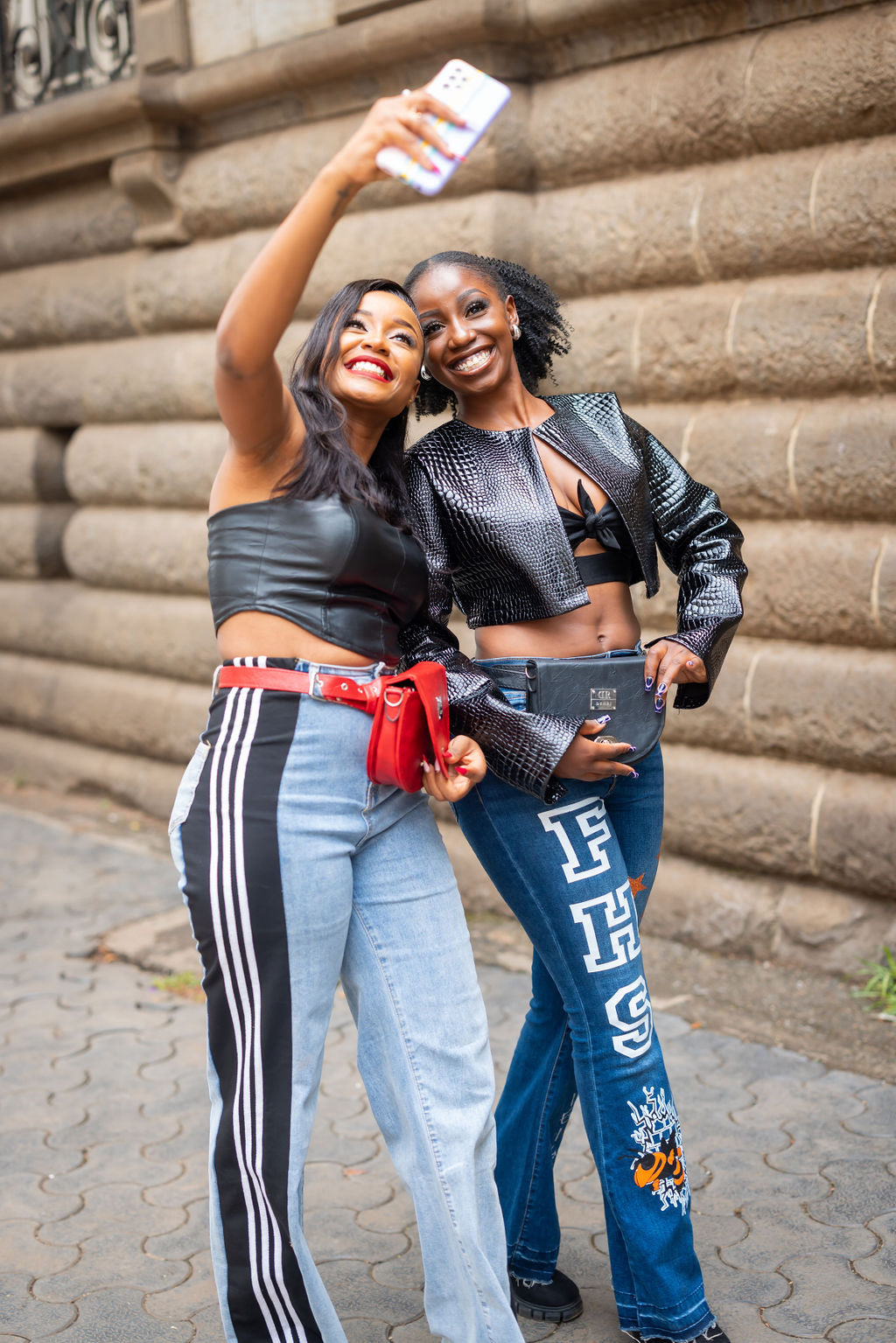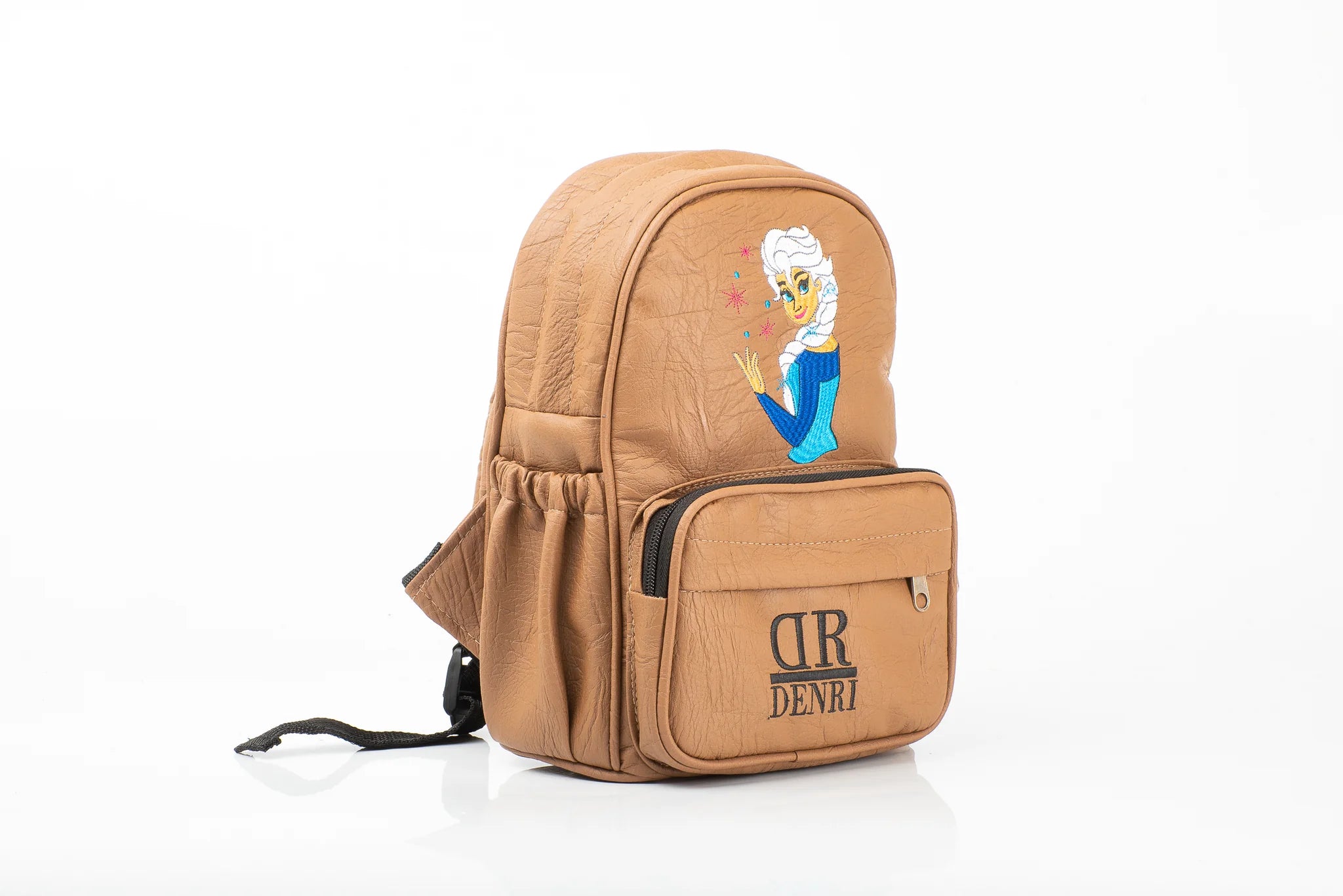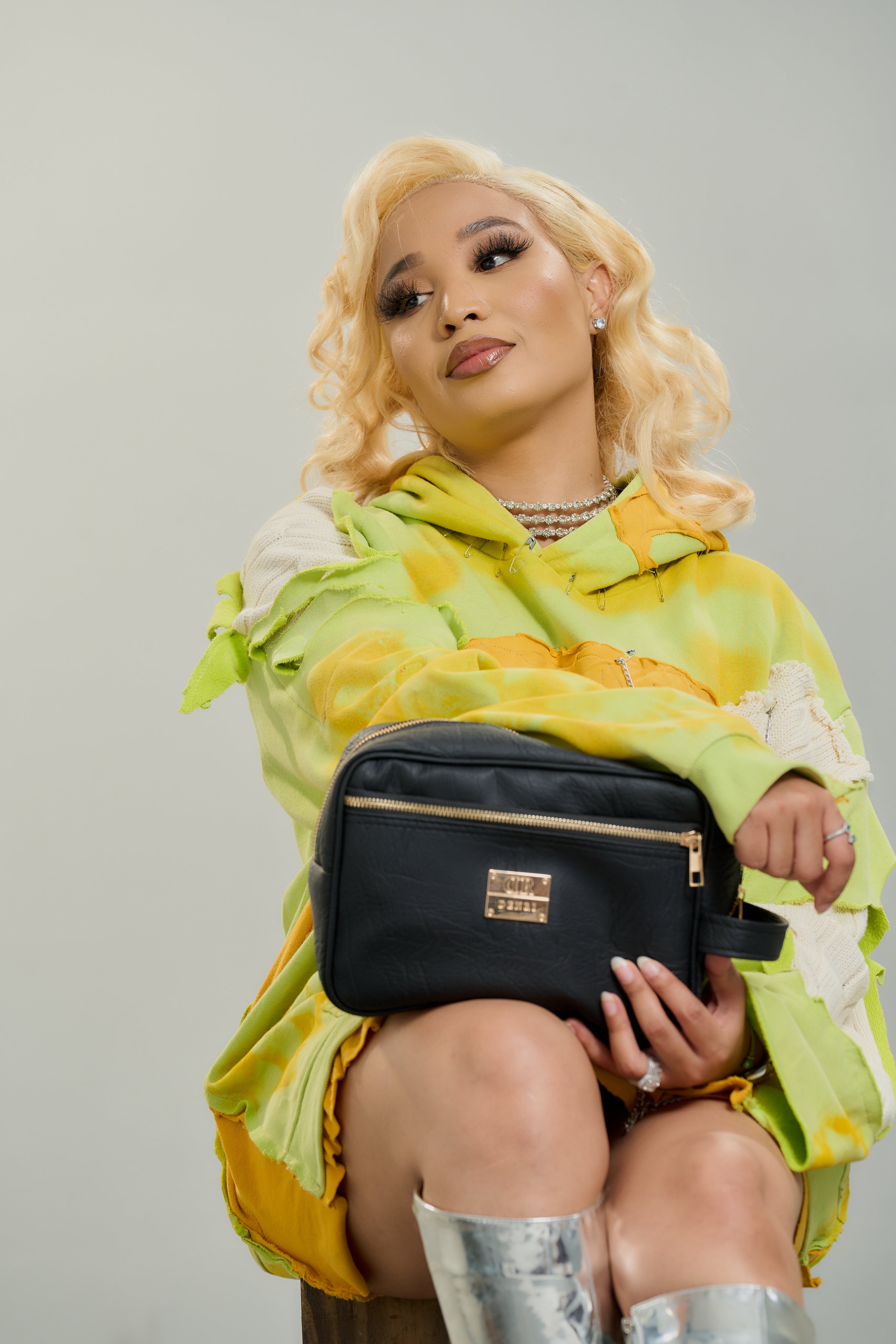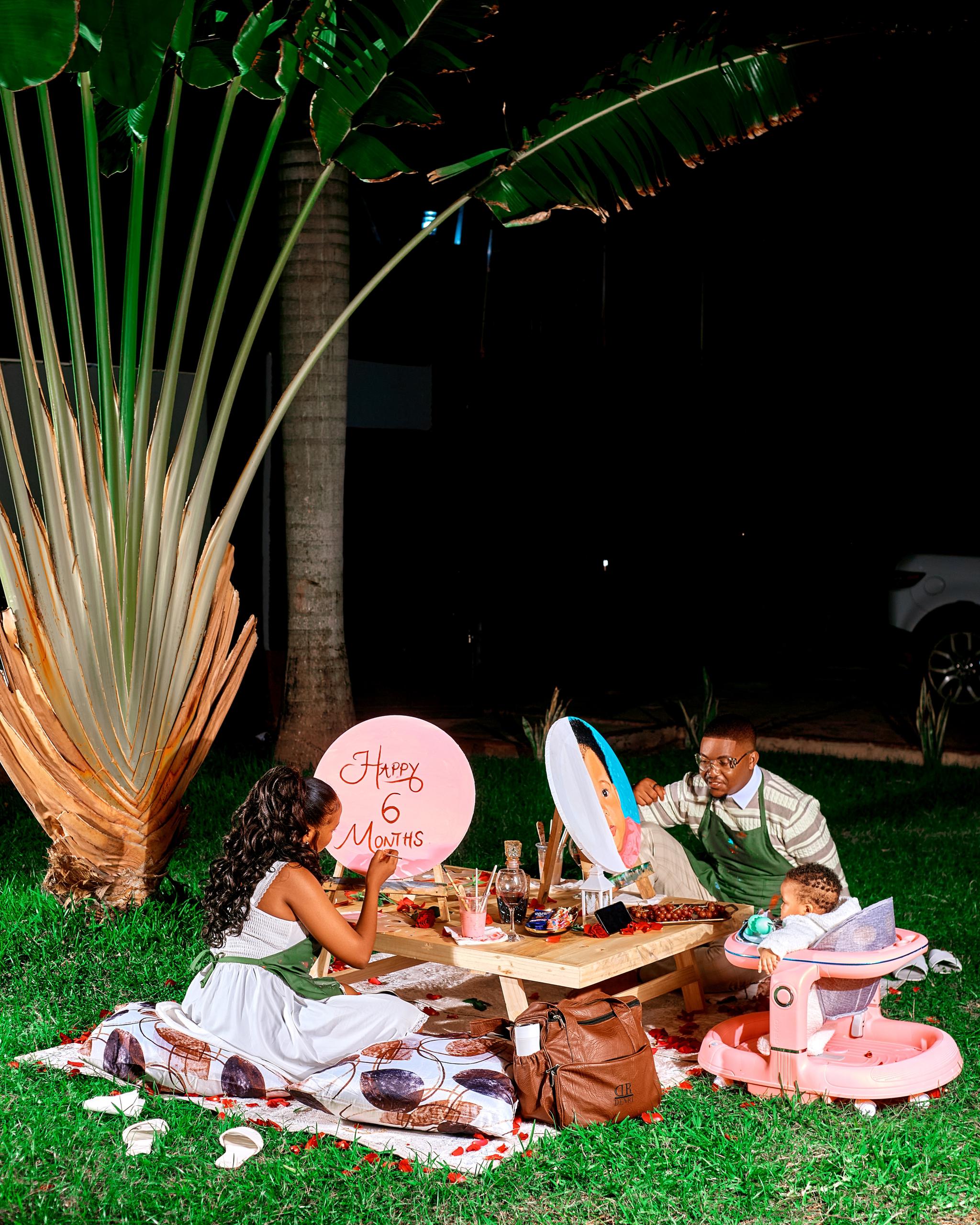More Than Bags: Catwalk to Closet, Community and a Club
Fashion has always been more than fabric, threads, or accessories. It is a story, a way of saying something without words, a reflection of culture and identity stitched into every detail. When a bag steps onto the runway, it doesn’t simply hang from a model’s shoulder; it signals a vision of where style is heading. For Denri, the runway has become more than a stage. It is a platform that introduces the world to an African voice in fashion, bold and unapologetic, grounded in functionality yet fluent in expression.
When Denri bags appear on the catwalk, they do more than accessorize. They anchor the looks, commanding presence with their practical shapes and modern African flair. They remind audiences that style is not just about clothes, but about what we carry with us. Designers and stylists often describe bags as the “punctuation marks” of an outfit, and Denri has embraced that role, delivering pieces that don’t whisper but speak with clarity.
The runway, however, is only the beginning. For all its glamour and spectacle, the catwalk is temporary. The lights eventually dim, the applause fades, and the cameras move on. What matters most is not the fifteen minutes under the spotlights but the years of life beyond them. That is where Denri stands out by bridging the world of high fashion with the everyday lives of the people who carry its bags.

From Spotlight to Street
The true challenge for any brand is translation. How does something dazzling on stage survive the transition into daily life? Denri has mastered this art. Its bags are not designed to remain in closets, waiting for special occasions. They are built to move, to adapt, and to endure.
Take the Denri laptop bag, for instance. On the runway, it appears sleek, modern, and professional. In real life, it becomes the trusted companion of Nairobi professionals navigating crowded matatus, office corridors, and coffee shop meetings. Its clean lines hold up under the pressures of daily use, and its sturdy design assures its owner that style doesn’t have to compromise practicality.
Or picture the sling bag, worn effortlessly by a model in a curated show. A week later, that same design might be spotted in the streets of Kampala, worn crossbody by a university student balancing lectures, part-time work, and social life. What dazzled in an orchestrated performance has transformed into a personal statement of independence and everyday readiness.
Even the larger travel bags, bold and structured under runway lights, take on new lives offstage. They accompany families on long-distance road trips, young entrepreneurs on business journeys, and students heading home for the holidays. The shift from spotlight to street doesn’t diminish their glamour. Instead, it magnifies their relevance. Denri proves that what shines in curated collections can become indispensable in real life.

Carrying More Than Essentials
Bags have always been practical objects, vessels to hold essentials. Yet fashion has never been only about function. The items we choose to carry signal something deeper: ambition, taste, and belonging. A bag can be an emblem of aspiration just as much as a tool of convenience.
Carrying a Denri has come to symbolize more than a preference for durability. It speaks to a sense of identity. For young professionals in Nairobi, it’s shorthand for ambition, a sign that one is investing in quality and presenting oneself with confidence. For students across Uganda and Tanzania, it represents a blend of affordability and originality, a way to stand out without sacrificing practicality. In airports, boardrooms, matatus, and boda bodas, Denri carries the unspoken message that fashion can be both grounded and elevated.
There is also an emotional layer to this. Local craftsmanship, proudly displayed through Denri’s designs, has become a point of cultural pride. In a world dominated by imported brands, Denri offers something refreshing: a reminder that local can be stylish, contemporary, and competitive. People don’t just carry Denri because it looks good; they carry it because it says something about who they are and what they support.
This symbolic weight is what makes Denri more than a bag. It becomes part of the wearer’s story, an extension of personal identity. And that sense of identity naturally extends to a longing for community.
The Murmurs of a Club
It is no surprise that conversations about community have started to grow louder. People no longer want to be passive consumers; they want to belong to something bigger. When loyal customers and followers talk about Denri, they don’t only discuss designs and prices. They speak about lifestyle, culture, and pride. Out of this has emerged an idea that is still informal, still whispered: a Denri Club.
The club doesn’t exist, at least not yet, but the appetite for it is undeniable. Customers imagine a space where they can connect beyond the checkout counter. They want early access to collections, insider stories about runway shows, and invitations to exclusive gatherings where they can meet other style-conscious individuals. They picture newsletters filled with styling tips, behind-the-scenes features, and maybe even spotlights on members who embody the Denri spirit.
What makes this idea powerful is that it isn’t coming from the top down. It’s bubbling from the ground up, a reflection of the brand’s resonance with its audience. People already feel they are part of an informal Denri family. Formalizing that into a club, whether online or offline, would simply give shape to what already exists in spirit.
The possibility of a club also highlights how Denri is evolving. It’s not only selling bags. It’s fostering culture. It’s curating identity. It’s sparking conversations about fashion that feel deeply personal and collective at the same time. That is the mark of a movement rather than a brand.
An African Fashion Movement
Denri’s story is not isolated. Across Africa, local fashion brands are rewriting the global narrative, proving that the continent is not only a source of inspiration but also a leader in design, production, and lifestyle. The old clichés of African fashion being limited to traditional prints or ceremonial attire are fading. In their place is a new vision: contemporary, competitive, and deeply rooted in culture.
Runway shows in Nairobi, Kampala, and Dar es Salaam are no longer side notes in the global fashion calendar. They are asserting their relevance, pushing creative boundaries, and demanding recognition. Denri, with its journey from catwalk to closet, fits into this larger movement. Its success is not just about selling products but about contributing to a new African identity that blends tradition with innovation.
This identity is not passive. It is participatory. Just as global fashion movements thrive on communities, think of fan clubs, brand collectives, and exclusive memberships; African fashion is beginning to carve its own spaces for participation. Denri’s potential club is a symbol of this shift. It reflects the understanding that fashion is about people as much as it is about products. What began as bags is becoming a lifestyle. What began as function is becoming culture. And what began as a runway accessory is becoming a marker of identity across cities and borders.
Denri’s evolution captures something larger about African fashion today. It shows that style here is no longer content to play catch-up with global trends. It is creating its own rhythms, rooted in local realities but ambitious enough to speak globally. Denri’s bags, carried from spotlight to street, from practical use to cultural symbol, are proof that fashion is at its most powerful when it blends beauty with belonging. And so the journey continues. From catwalk to closet, from individual purchase to collective identity, Denri is more than bags. It is a lifestyle, a culture, and perhaps soon, a club.
